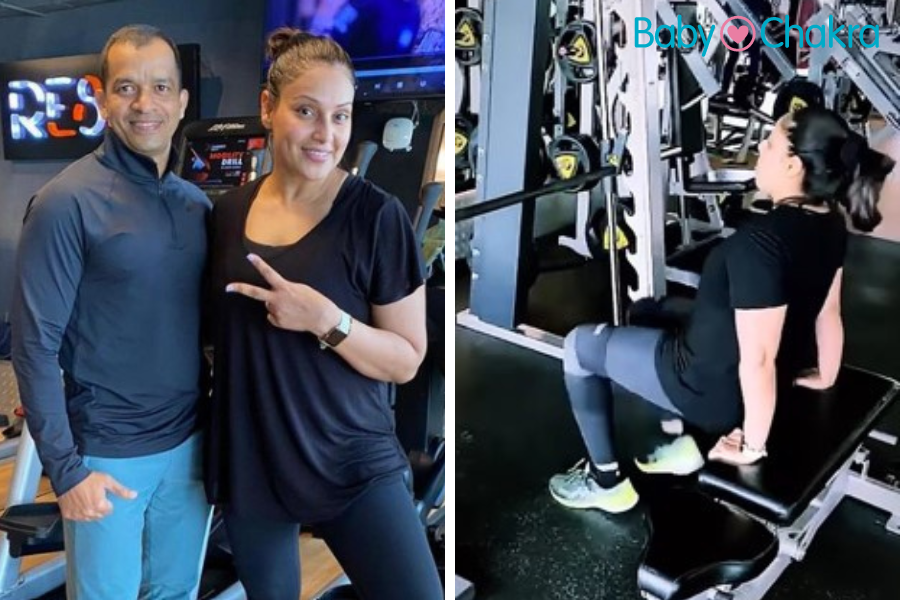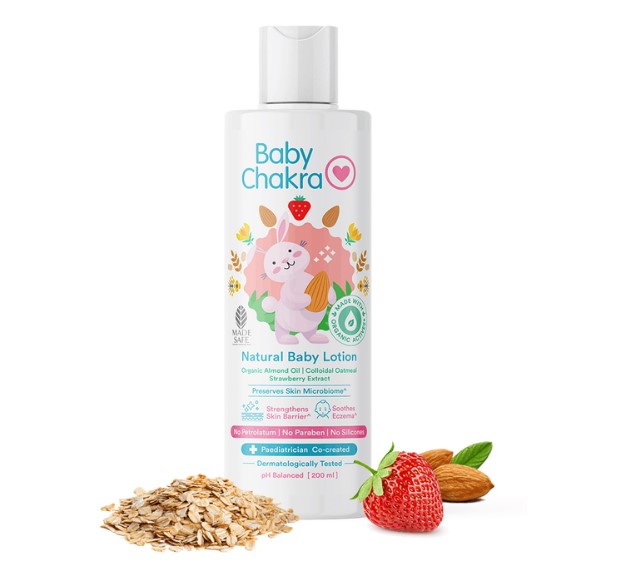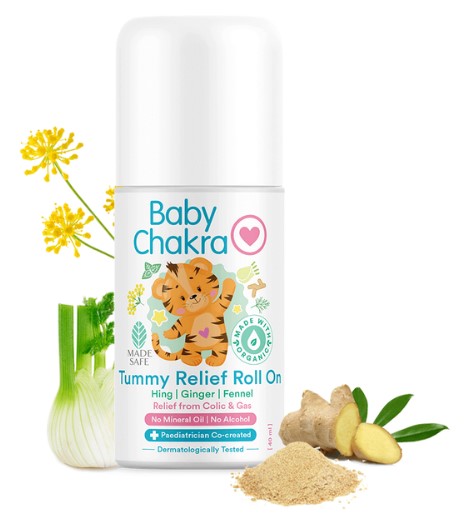
Bipasha Basu Starts Her Postnatal Workout Routine Six Months After Giving Birth To Devi
29 May 2023 | 5 min Read
Sudeshna Chakravarti
Author | 799 Articles
New mum Bipasha Basu, who recently welcomed her daughter, Devi, with husband Karan Singh Grover is making incredible progress in her postnatal fitness journey. The actor took to her Instagram account to share a glimpse of her postnatal workout routine at the gym and her experience of resuming her fitness journey six months post her delivery.
Read on as we tell you more about Bipasha’s strength-building postpartum workout regime, the benefits of postnatal exercises, and some safe workouts that you can do.
Bipasha Basu’s Postnatal Workout Routine
After getting the go-ahead from her doctor, Bipasha is back to her gym to resume her postpartum fitness. The new mum posted a video, where she was seen doing a combination of strength-building exercises including weight-lifting, abdominal exercises, and bench-presses.
Bipasha revealed that her focus is to regain her strength and rebuild her core, under the safe guidance of her fitness trainers. The actor wrote in the caption, “Mama don’t collapse! Rebuilding a stronger version of myself from scratch.”
The new mum’s motivating video further inspired many of her fans who praised her for taking things slow and getting back to her fitness journey only when she felt comfortable.
Ahead we discuss the right time to resume your postnatal workout routine, its benefits, and some safe exercises that you can do.
When Is The Right Time To Resume Your Postnatal Workout Routine?
Postpartum exercises are beneficial for speeding up your recovery and aiding your muscle strengthening and toning. Further, it enhances your overall well-being and reduces stress and anxiety.
However, as your body is still recovering from the strain of labour and childbirth, you should avoid all kinds of strenuous exercises for quite some time.
Healthcare providers usually allow you to resume your workouts 2-3 months post-childbirth, depending on how you delivered your baby. But it’s totally fine if you want to take some more time resting and indulging in mild activities, such as walking and meditation.
7 Benefits Of Postnatal Workout
Postnatal exercises ideally help you in the following ways.
- They help enhance your mood by increasing the production of good chemicals like endorphins in your body.
- They help heal your body and alleviate postpartum pains and aches.
- Postnatal exercises help manage your weight, provided you pursue it along with a balanced diet.
- They help replenish your fatigued body with strength.
- They help enhance your immunity and ward off infections and diseases.
- Postnatal exercises help tone your body and help you regain flexibility.
- They help boost the production of dopamine, aka the happy hormone in your brain, and reduce the risk of postpartum depression.
Safe Exercises To Add To Your Postnatal Workout Routine
As your body is still recovering from the stretching and pushing of childbirth, it is recommended to steer clearer of strenuous exercises. We have discussed three types of postnatal exercises that you can safely start with, regardless of how you delivered your baby.
Lower Belly Exercises
Your doctor may suggest beginning with light to moderate lower belly exercises to avoid abdominal stress. Lower belly exercises work in tandem with your pelvic exercises, which further help you strengthen your core and lower body muscles effectively.
Further, most postnatal lower belly exercises are focused on breathing, which offers immense benefits to your emotional and physical health, and enhance your recovery.
Make sure to do these exercises slowly and start with fewer reps. While they may feel difficult at first, you will soon get accustomed to them. You can also consult a certified physical trainer to determine what lower belly exercises you should start with.
Pelvic Floor Exercises
Pelvic floor exercises offer great benefits to your body post-pregnancy. It helps strengthen your pelvic floor muscles and also avoids urinary incontinence.
Additionally, pelvic exercises aid in the quick healing of your vagina and perineum by improving blood circulation around those areas. You can start with Kegel exercises and then move on to pelvic tilts and bridges once comfortable.
Diastasis Recti Exercises
After childbirth, some women may notice an indentation in the middle of their belly, right down the six-pack area. This condition is known as diastasis recti and is characterised by symptoms like lower back pain, poor posture, and bloating.
One way to tackle this condition is by doing diastasis recti exercises, which strengthen your pelvic floor muscles and target your abs to reduce the gap between your abdominal muscles.
Some simple diastasis exercises for abdominal strengthening include bent-knee raises, heel slides, and heel slide circles.
Apart from these exercises, you can also add walking to your workout regimen to enhance your fitness. Walking helps prevent blood clots in your body and also improves your flexibility and agility.
Conclusion
Bipasha Basu’s postnatal workout journey is truly an inspiration for all new mums. The actor’s mantra for postpartum fitness is strength-building to enhance overall recovery. You too can incorporate the exercises we discussed above into your fitness regime.
However, always consult your doctor before starting to exercise post-pregnancy, as in some cases, they may recommend you to rest more depending on your health and well-being.
Recommended Baby Care Products:
Also Read:
Sonam Kapoor on postpartum fitness: New mum Sonam Kapoor is not pushing herself to get her pre-pregnancy body back. Tap to know why.
Tighten your belly skin: Learn how to tone and firm your loose belly skin after pregnancy.
Cover Image Credit: Bipasha Basu / Instagram
A


Related Topics for you
Suggestions offered by doctors on BabyChakra are of advisory nature i.e., for educational and informational purposes only. Content posted on, created for, or compiled by BabyChakra is not intended or designed to replace your doctor's independent judgment about any symptom, condition, or the appropriateness or risks of a procedure or treatment for a given person.



